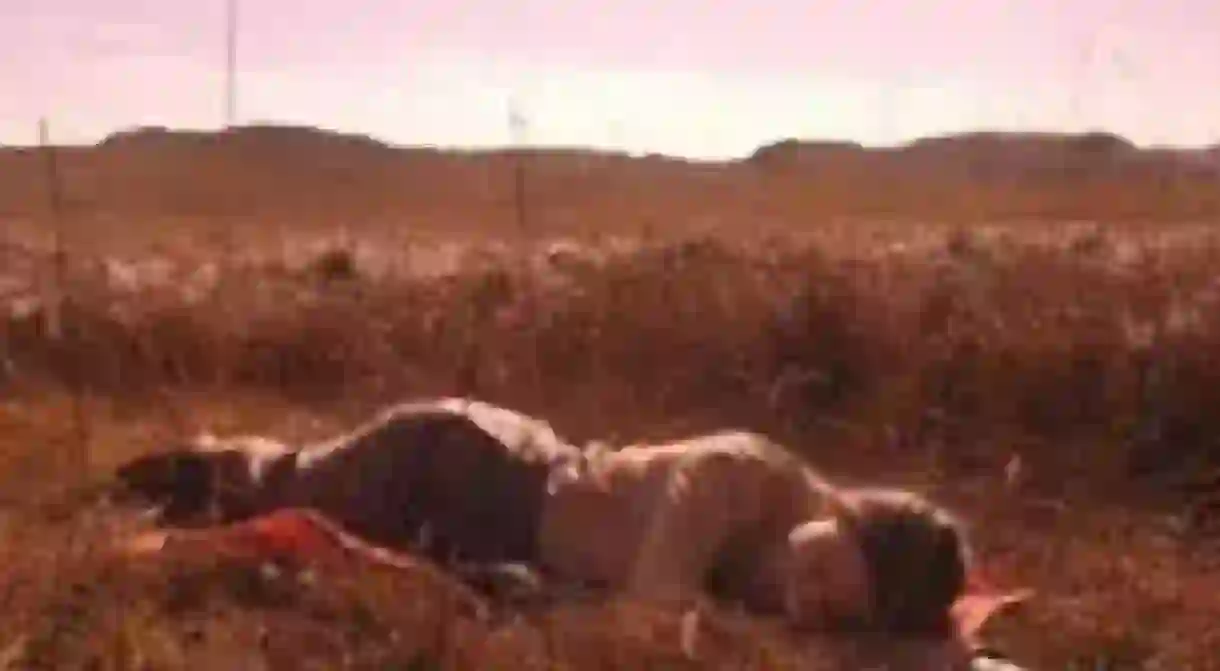Out of the Yugoslav Shadow: Montenegro's Emerging Film Industry

The development of Montenegro’s film industry has been hindered by political turbulence and a lack of funding, as the country was first marginalised within Yugoslavia and then beset by the Balkan conflict. However in recent decades several young filmmakers have emerged who are eager to develop Montenegrin film and to bring it to the world’s attention.
Montenegro has a population of just over 600,000, which places obvious limits on the development of its national film industry. Support and funding are key to expanding Montenegrin cinema into the cultural mainstream and promoting public interest. Since 2003 the Montenegrin Ministry of Culture has been attempting to do just this as the principal financial resource for local film production. As a result, a fledgling number of low budget features have begun to emerge from their creative cocoons using their home soil as both inspiration and backdrop.
Montenegro has never been the centre of grand filmmaking prestige. A former Yugoslav country until regaining its independence in 2006, most Montenegrin talent chose to outsource to more developed and profitable Balkan neighbours. For example, one of Montenegro’s most notable directors,Veljko Bulajić (pictured left), is primarily based in Croatia. Out of his thirteen films,The Man to Destroy (1979) was the only one set in the country of his birth. Even then it was hardly representative of Montenegro or its people. It fits into an awkward genre of fantasy historical fiction which involves Satan sending a minion to Earth to restore the scales between good and evil after the assassination of Russian Emperor Peter III in the latter half of the 18th Century.
Similarly, Krsto Papić, one of the principal new wave Yugoslav filmmakers of the 1960s, is more readily identified as a cultural icon of Croatia. This has left contemporary Montenegrin filmmakers at a loss. They suffer from a lack of previous foundational material or distinct Montenegrin directors to emulate. Despite this a number of determined youngsters are making themselves known.
2005 saw the release of I Have Something Important to Tell You and A View from the Eiffel Tower. The latter, directed and written by Nikola Vukcevic, is a powerful and poignant piece of cinema. Events centre around 25 year old prostitute Marijana (Marija Vickovic) and her tumultuous love affair with a bohemian sculptor named Vanja (Branislav Trifunovic). The film explores the flux of urban Montenegrin life in the capital of Podgorica. Rather than alighting on a plethora of historical conflict Vukcevic places the lens on the hearts and minds of the population. Love, loss, revenge, and traditional family dynamics become themes turned on their heads in a compelling narrative.
A View from the Eiffel Tower also acts as a useful model for other aspiring Montenegrin auteurs. It marked the first co-production between the previously warring countries of Slovenia, Croatia, and Serbia, helping strengthen the fractured relations between communities in the region. In terms of finance and distribution such co-productions are also essential for fostering momentum behind projects and making it available to the maximum possible audience.
2008’s Look at Me (Gledaj me) directed by up and comer Marija Perovic, is another highly regarded hit. Perovic’s tense psychological thriller deals with family violence within the confines of an isolated Montenegrin fishing village. The film is a superbly understated study of dysfunctional families cranked up to uncomfortable levels. Wonderful cinematography also helps capture the vivid colours of the mesmerising Montenegrin coastline.
Nemanja Becanovic’s debut The Ascent (2012) is another film which thrives on alienation and solitude using Montenegro as an otherworldly rural setting. The plot centres around Jovan (Amar Selimovic) a young novelist with writer’s block who decides to live in a backwards and uncivilised farming community headed by an authoritative and brutish father figure named Zeko (Vlado Javoniski). After slowly bonding with the residents, it’s Jovan’s self-assuming intellectual superiority that suddenly shifts the family’s power structure to a devastating conclusion.
Becanovic gives a good lesson on how to create an underlying atmosphere of increasing melancholy and anticipation. Intimately gripping; this is solid brooding drama at its best. In similar guise to Perovic’s Look at Me, there is also no question that the Montenegrin landscape is used to awe inspiringly breath taking ends.
In Montenegro’s short filmic lifetime it has already managed to record a string of stalwart successes. The growing industry appears to be moving in the right direction with both domestic and international support behind it. These films also represent a growing trend in the evolution of cinema within other developing Balkan countries including Kosovo, Slovenia, and Bosnia & Herzegovina. Ultimately there’s an exciting period of creativity currently at work in Montenegro. A whole new generation of young filmmakers are expressively carving out the country’s cultural identity and guaranteeing a cinematic heritage for future audiences.













